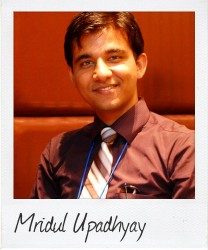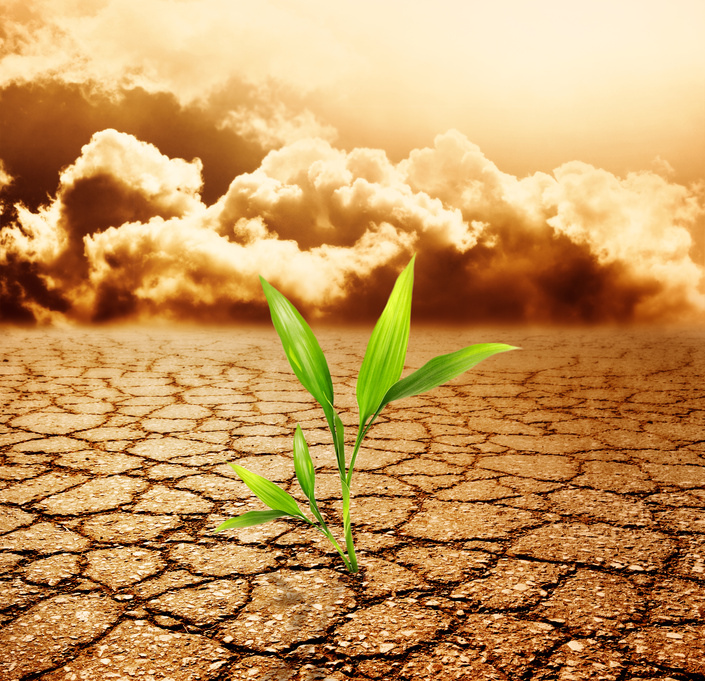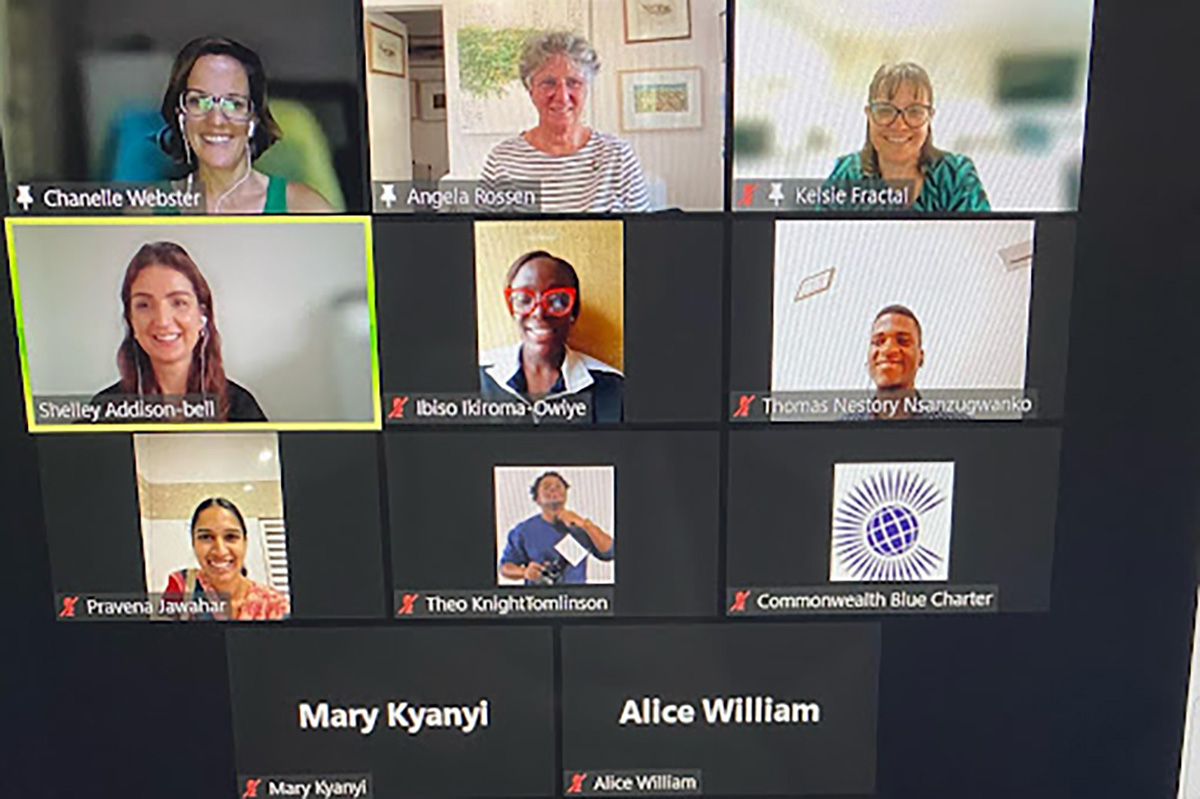"Reality of climate change demands action"
May 29 Climate change can be seen in extreme weather and felt in environment-related poverty, writes Mridul Upadhyay, 23, a Commonwealth Correspondent from New Delhi in India, who argues the evidence cannot be ignored.
Climate change can be seen in extreme weather and felt in environment-related poverty, writes Mridul Upadhyay, 23, a Commonwealth Correspondent from New Delhi in India, who argues the evidence cannot be ignored.
Look at the infographics. This is climate reality. Climate disasters are affecting every corner of the world. We cannot escape from this. We just don’t understand when we’re not the victim! Actually our ignorance and unhealthy humane practices are destroying our climate.
Ignore if you can, but numbers and the destructive impact of natural catastrophes are increasing every year with 820 loss events in 2011, 905 in 2012, 880 in 2013 and 980 in 2014. According to United Nations International Strategy for Disaster Reduction (UNISDR):
- Impact of disasters in last 10 years (2005-2014): 1.4 trillion damage (USD), 1.7 billion affected, 0.7 million killed.
- Number of climate related disasters around the world (1980-2011): 3455 flood, 2689 storms, 470 droughts, 395 extreme temperatures.
Do you still believe that it’s not urgent to think how every individual, you and I, can participate responsibly to save the climate? Or do you wonder; “Will it really make any impact even if I change? I am just another human being amongst 7.2 billion”?
This story will answer.
Once a professor announced in a class that after individual evaluation of all the students, all grades will be averaged and everyone will receive the same grade so no one fails.
After the first test, the grades were averaged and everyone got a “B”. Obviously the students who studied hard were upset and the students who studied little were happy. For the second test, the students who studied little had studied even less and the ones who studied hard decided they wanted a free ride too so they studied little. The second test average was a “D”. And in the third test, the new average was an “F”! All failed – because no one would study for the benefit of anyone else.
So if we, as better students, will not make extra effort, the climate will get worst. As Advira Shand from Jamaica recently stated in her article, “our future and the future of our children rests on our ability to unite our efforts to bring about a sustained reduction in climate change”. Well exposed youth like us have higher responsibility toward saving the climate.
Every year 14 per cent of world population escapes poverty, but during the same year 12 per cent of households fall in poverty because of climate effect. The situation is so dire that Kiribati has become the first nation to purchase land in another country to house its climate refugees. In Delhi, the capital of India, everyone – even a newborn child – is inhaling poor quality air that is the equivalent of smoking 20 cigarettes every day.
The environment heats buildings, and then buildings are heatingthe environment to cool themselves artificially. Hot air has more water holding capacity. And when it gets completely saturated and then condensed, it causes heavy rainfall in a short span of time, which causes floods.
The question arises, “Why, even after heavy rainfall which causes flooding, is the underwater level not rising?” It is not, because the water rushes off the surface in a short span of time and deforestation is decreasing the moisture-holding capacity of earth. Another question arises, “Why have heavy downpour and drought at the same place?” It is because of longer gaps between two downpours.
In countries like India, by using per capita emissions on a national-average basis, India’s polluting rich has been hiding behind the poor. It cannot continue to do so. The per capita emissions principle needs to correspond with per capita incomes that will provide an accurate picture of what India’s capacity and commitment to reducing its emissions can be. Also in the name of climate adaptation and climate smart agriculture, promoting genetically modified crops is just an attempt to serve the interests of a few corporations. Not GFM, but only organic crops can safeguard our agriculture.
The world has a right to grow and pull its millions out of economic and energy poverty, but that has to be done through a sustainable, equitable, decentralized distribution of energy as opposed to centralized fossil fuel driven energy, which actually pulls down the already vulnerable sections of our people.
Quoting Al Gore, “Our atmosphere is neither too thick nor too thin, it’s just right. And we need to keep it like that. What value does blue sky or to see the stars at night have? Somethings don’t have price tags. We need to remember the sense of awe that nature has given humanity. It’s something that should be preserved.”
“After the last no, comes a yes. On that yes, the future of the world depends. We need to get to the ‘yes’ on solving the climate crisis. When politics is too slow, change has to come from culture. If we do not act now, future generations will look around and back at us and say, ‘You knew this – you knew what was going to happen to the planet and you decided to ignore it?’.”
Reference:
- Climate Reality Leadership Program Delhi, India by Nobel Literature Al Gore
- United Nations International Strategy for Disaster Reduction (UNISDR)
photo credit: Seca via photopin (license)
…………………………………………………………………………………………………
About me:
A thinker, a social volunteer, a mechanical designer, a theater artist, a guitar player, a lyrics-writer, an amateur sketch artist, a cook, a traveler, a wannabe civil servant – there are many phrases I enjoy trying on me to describe what I see myself as.
…………………………………………………………………………………………………
Opinions expressed in this article are those of the author and do not necessarily represent the views of the Commonwealth Youth Programme. Articles are published in a spirit of dialogue, respect and understanding. If you disagree, why not submit a response?
To learn more about becoming a Commonwealth Correspondent please visit:
http://www.yourcommonwealth.org/submit-articles/commonwealthcorrespondents/
…………………………………………………………………………………………………




